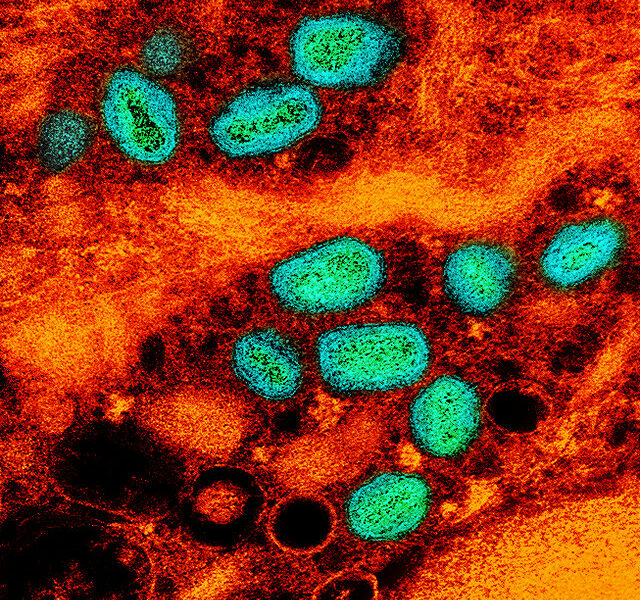McHenry County, Ill. is in the midst of a whooping cough outbreak. Nine students from Cary-Grove High School were initially diagnosed with whooping cough (pertussis) in October. Soon after, cases were reported from other high schools and in the general public and the health department now reports 79 cases.
Whooping cough, also known as pertussis, is an extremely contagious disease caused by the Bordetella pertussis bacteria. These bacteria attach to the lining of the upper respiratory system, causing inflammation. Signs of whooping cough include cold-like symptoms, fever, and violent coughing fits. Symptoms may occur within ten days of exposure and can last up to six weeks. The “whoop” occurs when an infected individual coughs so much that no air is left in the lungs and there is a rapid and forced inhale. This breath often makes a “whooping” sound.
Whooping cough is most dangerous for infants and most of those infected under one year of age require hospitalization. Some of the risks for infected infants, especially those who have not been fully vaccinated, include: pneumonia, apnea, encephalopathy or death. Complications are less likely in teenagers and adults as they have immune systems that are more developed. However, they are still at risk for pneumonia, loss of bladder control or rib fractures from severe coughing.
Antibiotics are used to treat whooping cough, and should be started as soon as possible to prevent the infection from spreading to others. Further, the antibiotics are more effective when started shortly after infection.
There is a vaccine, which is traditionally given in combination with the tetanus and diphtheria vaccines (TDaP vaccine). These vaccines need to be given in five rounds (usually finishing before a child is six years old). The vaccine does fade over time and booster shots are required.
A recent New York Times blog piece points out that tetanus and diphtheria cases in the United States are rare (if not virtually eliminated – the last case of diphtheria being recorded in 2003), but the Centers for Disease Control and Prevention recorded approximately 27,550 cases of whooping cough in the last year. The piece further points out that there is an FDA approved tetanus/diphtheria/pertussis booster for adults over the age of 65. The CDC recommends this shot for those in close contact with infants. Whooping cough, despite popular belief, is not solely a childhood illness. It does not discriminate by age and affects adults, too. The blog author, Paula Span, explains that many infants are infected with pertussis by older families members, thus reinforcing the need for adults to receive vaccinations and booster shots.

